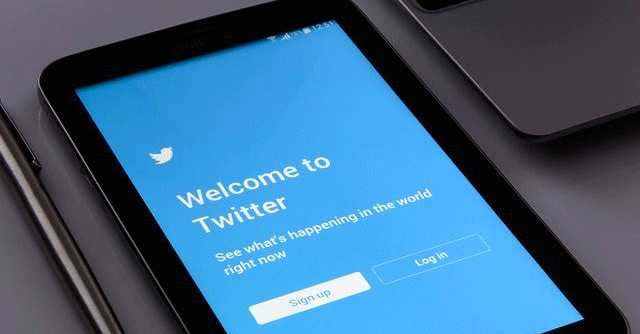
Mastodon, Koo won’t make alternatives to Twitter, say experts


Despite an influx of new users for platforms that serve as alternatives to Twitter since billionaire Elon Musk’s takeover of the microblogging platform, experts are not convinced that any of them can serve as true alternatives. Platforms like Mastodon, CounterSocial, TribelSocial, and homegrown Koo, have seen a growth in user sign-ups since Musk’s takeover, but industry experts said that the migration may be short lived.
Germany-based Mastodon, which has positioned itself as a decentralized social network, crossed 1 million monthly active users this week, Mastodon chief executive Eugen Rochko said in a post on November 7. The platform has seen 489,003 new users and 1124 new servers since October 27, which is when Musk completed his takeover.
Homegrown Koo has also crossed 50 million downloads and has around 10-12 million monthly active users. The company said it has seen many sign-ups since Musk’s takeover, though it didn’t confirm how many new users have joined.

“I can't see them as alternatives. Mastodon is complicated for those used to the simplicity of Twitter. Koo came up as a nationalist answer to Twitter, and remains far more of a right-wing echo chamber,” said Prasanto K Roy, a technology policy consultant.
Any Twitter alternative is also expected to have the same troubles that the Musk-owned platform has in terms of content moderation. Experts have noted on multiple occasions that while many pose as alternatives, no platform has come up with an effective solution yet.
“We believe that content moderation on any social media platform should be in line with the law of the land and be rooted in the cultural context of the society. Over the last one year we have developed a deep understanding of over 10 languages and have trained our algorithms to identify and root out content that’s against the laws of our country,” said Mayank Bidawatka, co-founder of Koo.

Launched first in 2016, Mastodon came into the limelight in India in 2019 when Supreme Court of India lawyer Sanjay Hegde announced that he is moving to the platform after his Twitter account was blocked. The move was followed by several others, who created Mastodon accounts, but the trend soon died out.
The platform allows users to create and host their private Twitter-like networks called Instances, where the creator can define guidelines and also decide who can join the network. Since all networks exist on multiple servers, there is no overarching entity that can target them with ads, which makes it less lucrative for brands. It also means that only a certain kind of user will join each instance, which reduces diversity.
Further, Harish Bijoor, a brand strategy expert, pointed out advertisers will explore alternatives in situations like this. “The challenge before them is that in the microblogging space, none of these platforms have the same reach as Twitter,” he added. Twitter had 237.8 million monetizable daily active users (mDAU) as of Q2 2022, according to Statista. India is its largest market with 23.6 million users as of January 2022, as per Statista.

“Koo has its advantages — it supports multiple Indian languages. But, a microblogging site is not just about the reach but also about the conversation it creates every second. Twitter is one of the most interactive microblogging platforms despite all its restrictive algorithms,” said Bijoor.
Following Musk’s takeover, several companies including Pfizer, Mondelez, United, and Volkswagen have suspended ads on the platform over concerns related to how Musk will moderate content, especially hate speech.
Bijoor said that brands pulling out ads is a temporary move. “Everyone is waiting to see how moderation is going to happen or whether restrictive algorithms will be lifted. Once Twitter has defined its philosophy as a democratic medium, it will give advertisers a lot of comfort and they will all come back,” he said.

Roy, on the other hand, warned that if Musk does force a complete overhaul of the character of Twitter, alternatives will emerge.
Several Indian Twitter users said in social media posts that they have joined new microblogging platforms, including Mastodon and CounterSocial. “I am noticing a steady migration of #academicTwitter to #Mastodon. The conversations around research are picking up. I can’t see academics paying $8 a month to see their tweets discovered,” wrote academician and digital entrepreneur Harini Calamur in a Twitter post on November 6.
